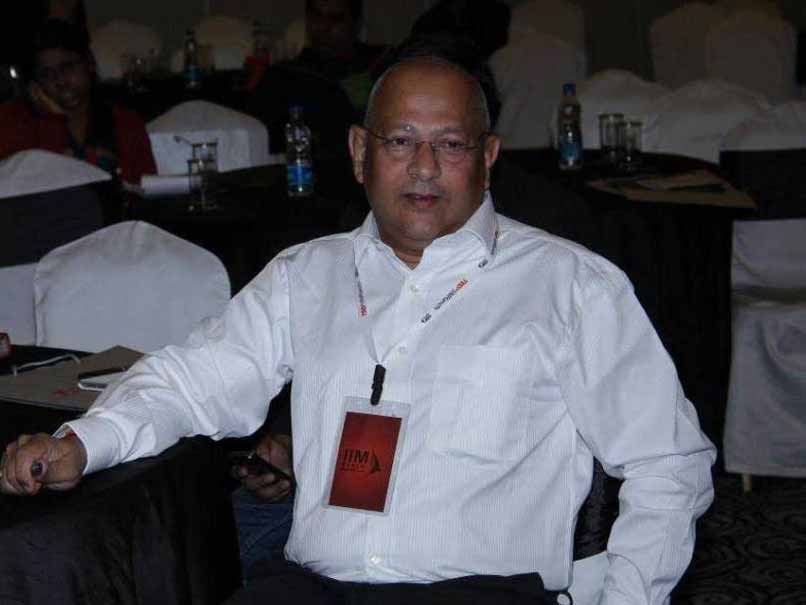How A Meeting In Dubai Could Impact BCCI, The World's Richest Cricket Board
The major agenda in the ICC meet is about abolishing what has come to be known as the Big Three model, which consists of the BCCI, ECB and CA.
- Written by Santosh Rao
- Updated: February 03, 2017 11:41 am IST

Highlights
-
International Cricket Council meeting in Dubai began on Thursday
-
Amitabh Chaudhary attended it as he is the 'nominated member' of BCCI
-
ICC are mulling to abolish the Big Three model
The International Cricket Council (ICC) meeting that began in Dubai on Thursday could have a significant impact on all the stakeholders in the sport, especially the Board of Control for Cricket in India (BCCI), the world's richest board. The Big Three Policy - which was approved in Singapore in 2014 and caused huge heartburn - could be dismantled as the international cricket body puts forward a new financial model shaped under the chairmanship of Shashank Manohar at meetings last year.
How much of the BCCI's revenue could be hit is still anyone's guess, but sources say the new model could see a fair chunk cut from the board's earlier projected share. The Big Three resolution gave the BCCI 20.3 percent, the England and Wales Cricket Board 4.4 percent and Cricket Australia 2.7 percent -- a total 27.4 percent share of the total revenues the ICC would make over eight years.
There were reports that Mr Manohar was considering a 6 percent cut in the BCCI's share.
All 10 full members of the ICC earlier divided the revenues equally. That changed at the Singapore meet, when the Big Three model was adopted, introducing a contribution cost, in which members who contributed most to the global game got a bigger share of the revenue.
The other major decision that could be taken at the Dubai meeting of the ICC could see a big change in the structure of Test cricket. Even though the idea has not been received with much enthusiasm, a conference-style Test championship could still be unveiled.
The new structure could see two conferences of six Test teams. However, with only 10 countries currently given Test status, two new nations could get a promotion. That could see Afghanistan and Ireland, the two leading associate sides, getting Test status.
Another massive policy change could see the introduction of pooling of TV rights, another move that could see BCCI's revenue taking a big hit. The idea has received big backing from Australia, England and South Africa with Pakistan also providing support. But understandably, the BCCI is not too keen on this .
This is how it works: A pool of TV money will be created from bilateral series and the money generated from these series would be divided between the members of the pool. For example, the Bangladesh Cricket Board would stand to earn money from an India-Australia series broadcast. What this would do is lessen the individual reliance on the Indian broadcast market.
Amitabh Choudhary, the Board of Control for Cricket in India's (BCCI) joint secretary, attended the ICC Chief Executive Committee meeting in Dubai on Thursday on the basis of the Supreme Court nomination.
The Indian board is also seeking ICC's consent in order to pave the way for Vikram Limaye, one of the BCCI committee of administrators, to take part in the 'Board' meeting.
As per the ICC Constitution in a 'Board Meeting', two representatives from the same cricket board can be allowed wherein one is a participating 'Director' and the other an 'Observer'.
The 'Observer', as per constitution, will have no role to play and cannot participate in any of the discussions of the 'Directors' of the Board.
